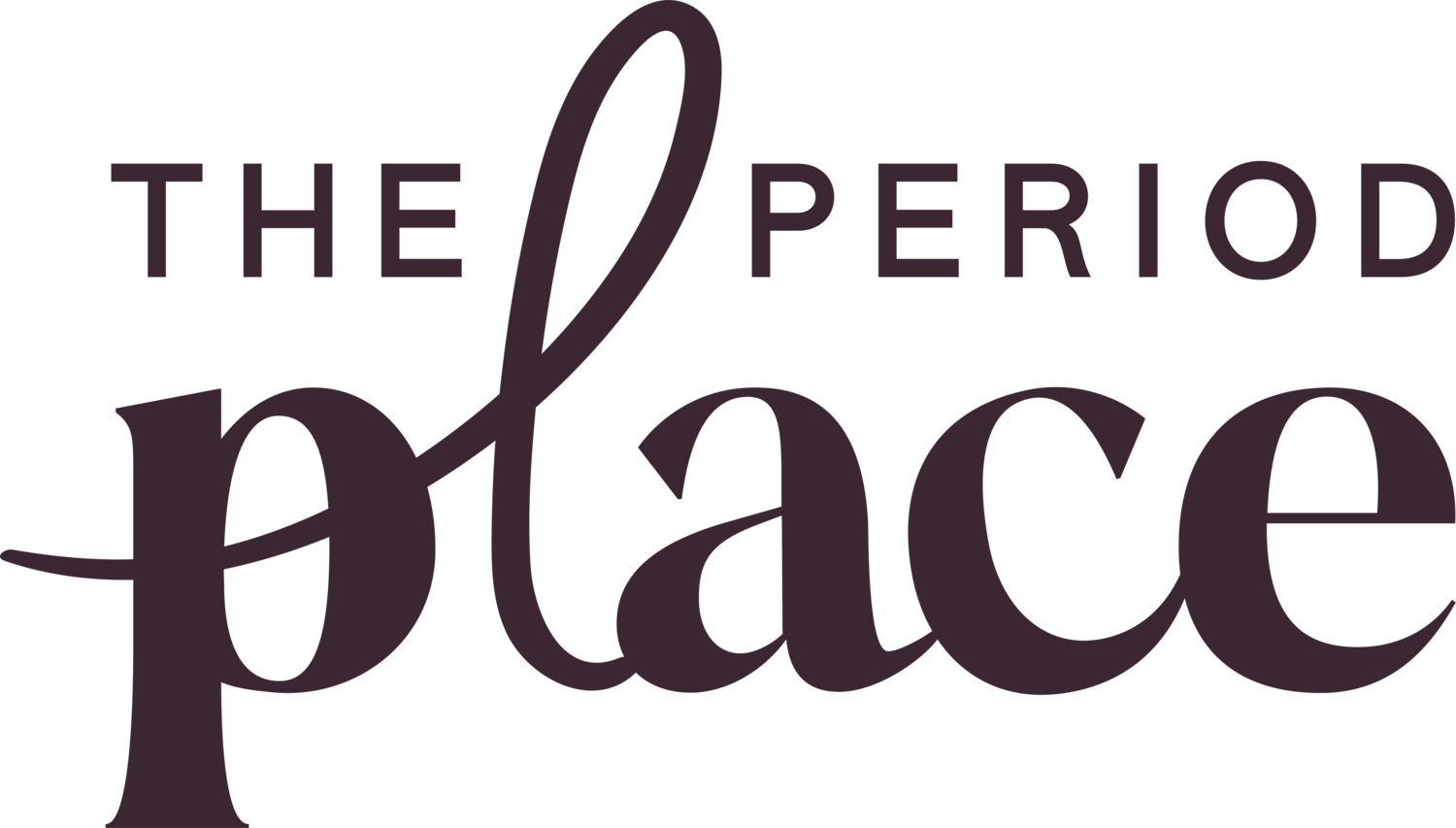Period equity in Aotearoa: Commendations on a drop in the ocean
“The Coalition Government has committed $2.9 million for period products in state, state-integrated and kura for the next three years. The Period Place estimates that the 70,000 individuals experiencing the most severe period inequity in Aotearoa need $4.2 million worth of period products to address their basic menstrual health needs over the same timeframe.”
We commend the Coalition Government for its commitment to funding the continuation of the period products in schools programme - Ikura | Manaakitia te whare tangata for another year. We urge all stakeholders to join us in congratulating the Coalition Government, particularly at a time when public service spending is being cut, as it reflects the ongoing and critical issue of period inequity in Aotearoa.
Alongside others in the menstrual health ecosystem we are pleased to see the Coalition Government listening to the arguments put forward in favour of continuing the programme and are delighted that collective advocacy is making a bloody impact.
Because of course, while this programme is undeniably beneficial for students who are girls, non-binary and trans and get periods at school, it is essential to recognise that this programme represents only a fraction of the mahi needed to eliminate period poverty and achieve true period equity in Aotearoa.
The fact remains that many young people are still experiencing inadequate access to menstrual products when and where they need them, which not only affects their ability to attend school but also hinders their participation in sports, work, and other aspects of life.
If a young person is experiencing period poverty or period inequity, you can be sure that others in their whānau are facing similar challenges to accessing the right period products.
Achieving period equity requires more than the provision of products; it demands a comprehensive overhaul of the systems that perpetuate menstrual inequities.
This includes a commitment from a large range of diverse stakeholders at both local and nationwide levels to affect meaningful change.
We must address and transform policies, practices, power dynamics, social norms, and mindsets to create lasting solutions across all of society - because what’s good for girls, women, non-binary and trans people who get periods is bloody good for everyone.
Systemic menstrual stigma and taboos prevent individuals from learning about menstrual health and accessing that they need, when they need it.
According to earlier information gathered from us, each month an estimated 70,000 individuals in Aotearoa face the most severe period poverty or period inequity. They either have no access to period products because they cannot afford them, are limited to use only what is donated to them (which may not physically be the correct size or hold the amount of menstrual blood required) or are forced to use other items in place of period products that do not meet their needs and put their health at risk.
The Coalition Government has committed $2.9 million for period products in state, state-integrated and kura for the next year. The Period Place estimates that the 70,000 individuals experiencing the most severe period inequity in Aotearoa need $4.2 million worth of period products to address their basic menstrual health needs over the same timeframe. This does not take into account anyone experiencing their menstrual cycle outside of the ‘normal’ range, nor does it cover any further associated costs for a menstrual cycle (overnight pads, pain relief, purchasing of underwear or clothes to replace stained ones, etc).
Additionally, the lack of access extends to education about menstrual health. While there is an extensive range of age-appropriate menstrual health information available (across a lifetime), people are not always properly informed about their bodies. Understanding what is normal and what isn’t for menstrual cycles is crucial, as is knowing the basic biology behind menstruation.
“The reality is that many menstruators have no idea which hole they’re bleeding out of and why. ”
People can be in environments—whether at home, in educational or work settings—that do not provide this essential information, or where discussing menstruation is uncomfortable or taboo. This lack of understanding and lack of education perpetuates the cycle of inequity, and we go around again.
Another cycle occurs of girls, women, non-binary and trans menstruators not fully knowing or understanding what their bodies are doing, and why.
As advocates for menstrual health equity, we recognise the importance of continuing to push for broader systemic changes.
The school programme is a step forward in the journey to eliminating period poverty and period inequity in Aotearoa. Achieving this requires a shared commitment from all sectors of society alongside government, including businesses, healthcare providers, educational institutions, community groups, and individuals. Progress can be accelerated through:
Removing the stigma around our non-binary and trans whānanu who also have menstrual cycles - all communication from the Coalition Government has referred to ‘girls’ and ‘women’ only: At The Period Place, we centre the lived experience of most people who get periods while also being inclusive by saying ‘girls, women, non-binary and trans people who have menstrual cycles’.
Removing period stigma by normalising conversations about periods and access to period products at schools, workplaces, in homes, friendship groups and in whānau across generations.
Ensuring age-appropriate menstrual health education is provided to everybody (whether they get a period or not!) as people enter different ages and stages across lifetimes.
Ensuring every bathroom outside the home has access to period products just like it has access to toilet paper, soap and handwashing facilities for other personal health management.
We know Aotearoa can create a future where all individuals feel comfortable talking periods and have equitable access to the resources and knowledge necessary for menstrual health and wellbeing, and we’re not going to bloody stop until we’re there.
We welcome the opportunity to discuss full menstrual health equity for society with Government ministers, business and community leaders, and to hear from those who support our approach.

